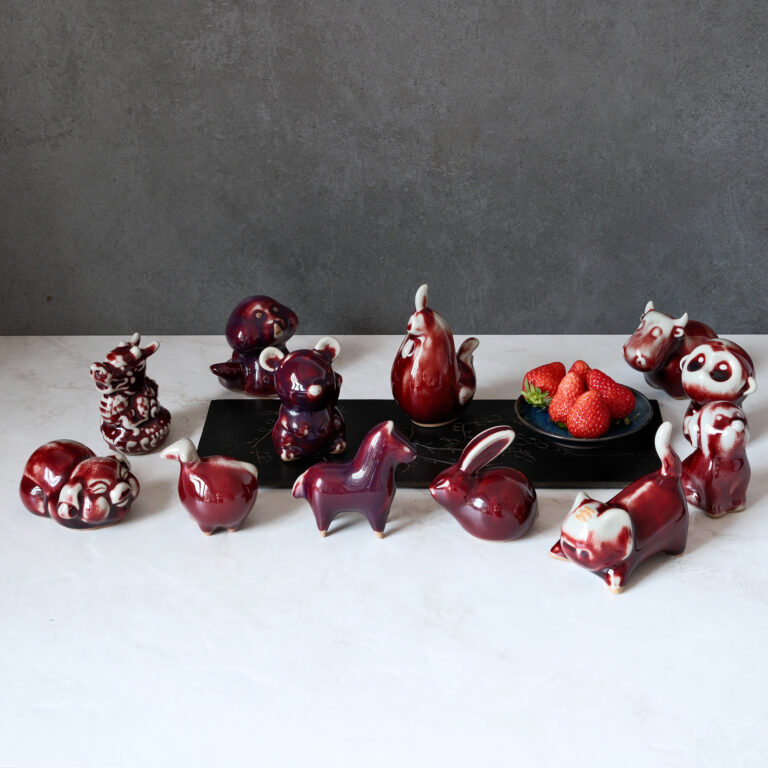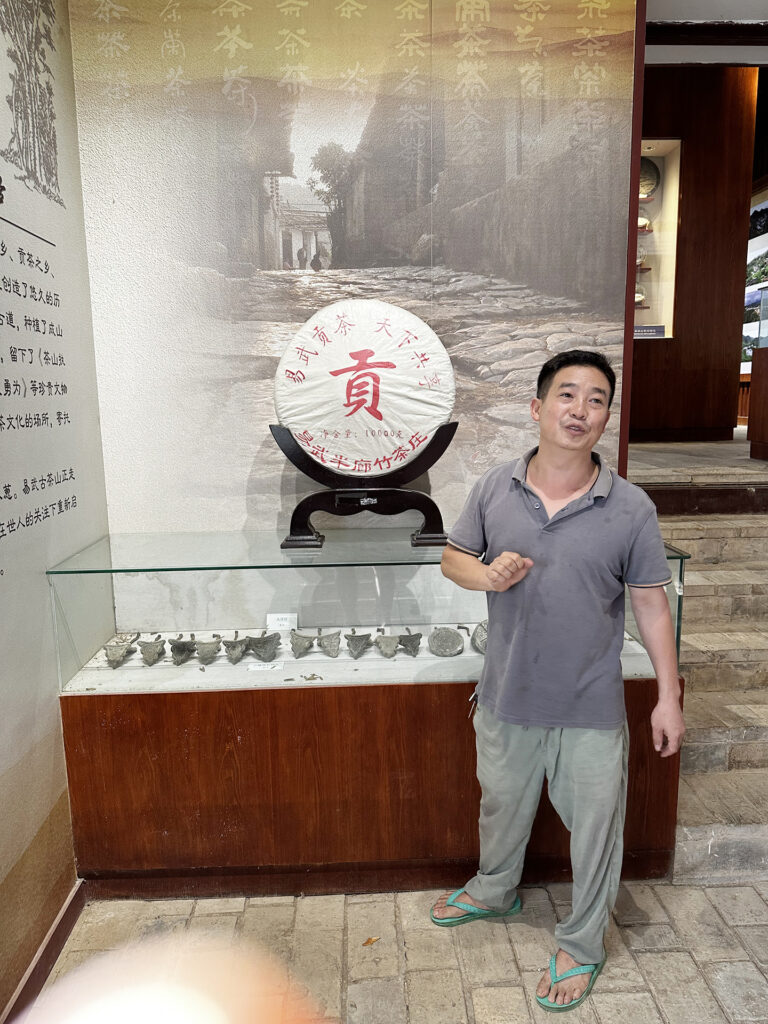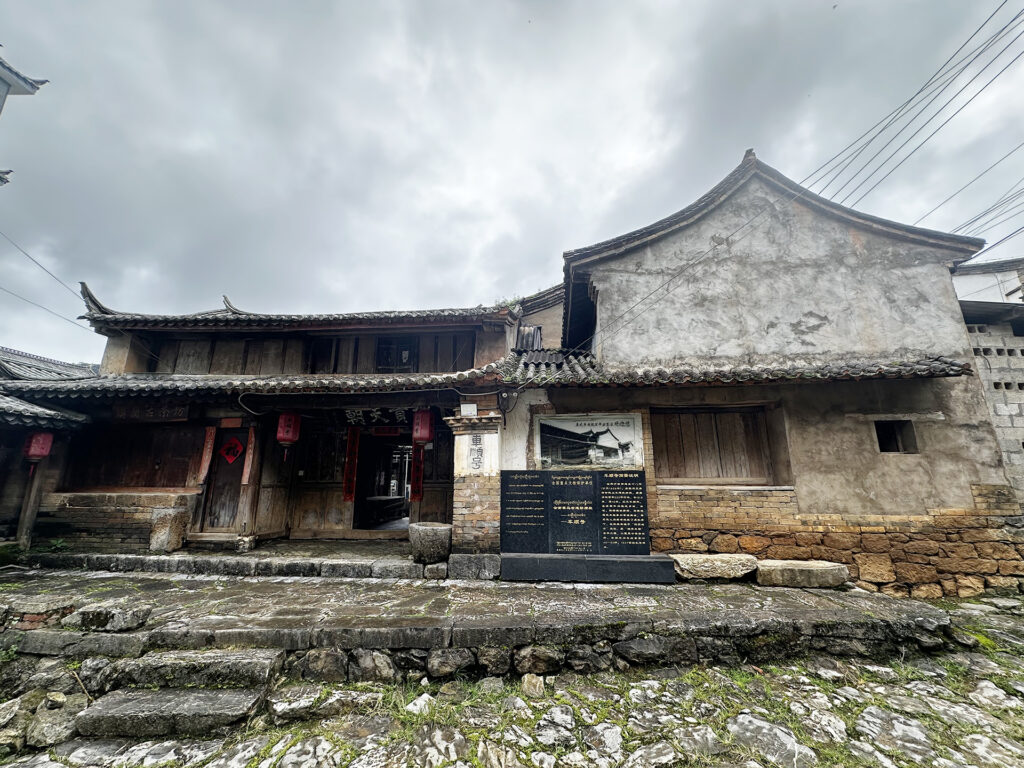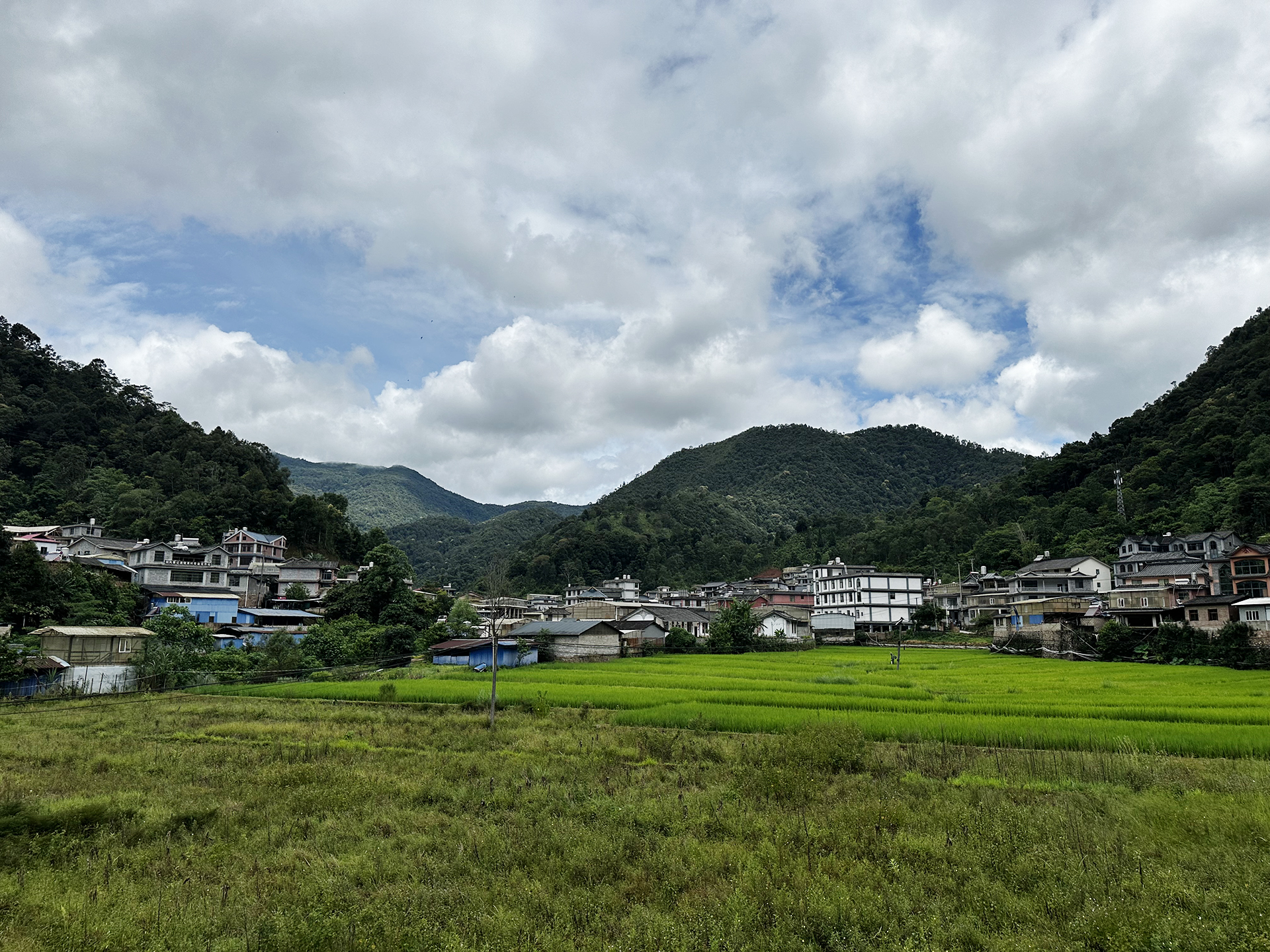
At the eastern edge of Xishuangbanna lies Yiwu, a name that resonates like poetry in the world of Pu-erh. More than just a tea region, Yiwu was once the starting point of the Southern Silk Road and the Tea Horse Road—ancient trade routes that carried Yunnan tea across mountains and borders, from China into Tibet, Laos, and beyond.
Here, tea is not only agriculture—it is history written in leaves.
The Character of Yiwu
Yiwu’s teas are prized for their elegance: smooth, rounded, honeyed, with a lingering sweetness known as hui gan. If the bolder teas of Bulang are drums, Yiwu is the sound of a flute—soft, clear, unforgettable.
The forests here are rich with old trees, many centuries old, their roots drinking deep from mineral soils, their leaves infused with a calm yet powerful energy.
Guafengzhai: A Pearl of Yiwu
Tucked at the far edge of Yiwu, near the border with Laos, lies Guafengzhai—a name whispered with reverence by tea lovers.
This is no ordinary village. Guafengzhai is a pearl in a jungle garden, surrounded by thick forests where tea trees grow alongside wild bamboo, orchids, and towering hardwoods. The boundary between cultivated land and untamed nature blurs, creating teas that taste as if the forest itself has steeped into the leaf.
A Tea Like No Other
The Pu-erh from Guafengzhai is rare, cherished, and deeply expressive. Its liquor is smooth yet strong, carrying layers of sweetness, forest fragrance, and a clarity that sets it apart. For collectors, it is a treasure; for drinkers, a revelation.
Yiwu’s Living Legacy
Walking through Yiwu, you feel the weight of centuries. Caravans once departed from here, their mules loaded with compressed tea, bound for distant markets. Today, the spirit of that journey lingers in every leaf picked and every cup shared.
Yiwu is both past and present—an ancient crossroads where trade, culture, and tea converge. And in the hidden forests of Guafengzhai, that legacy continues, alive in every sip.



Chat with us